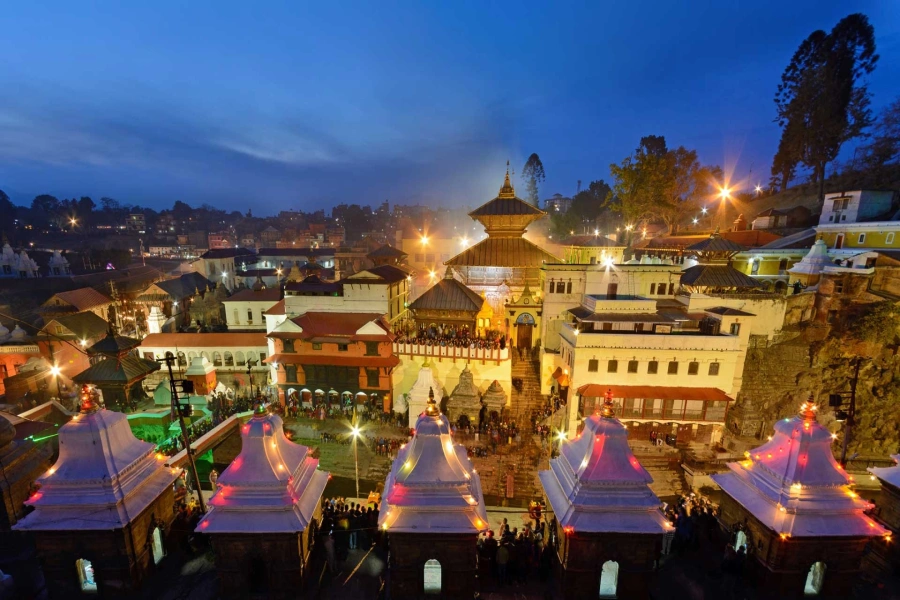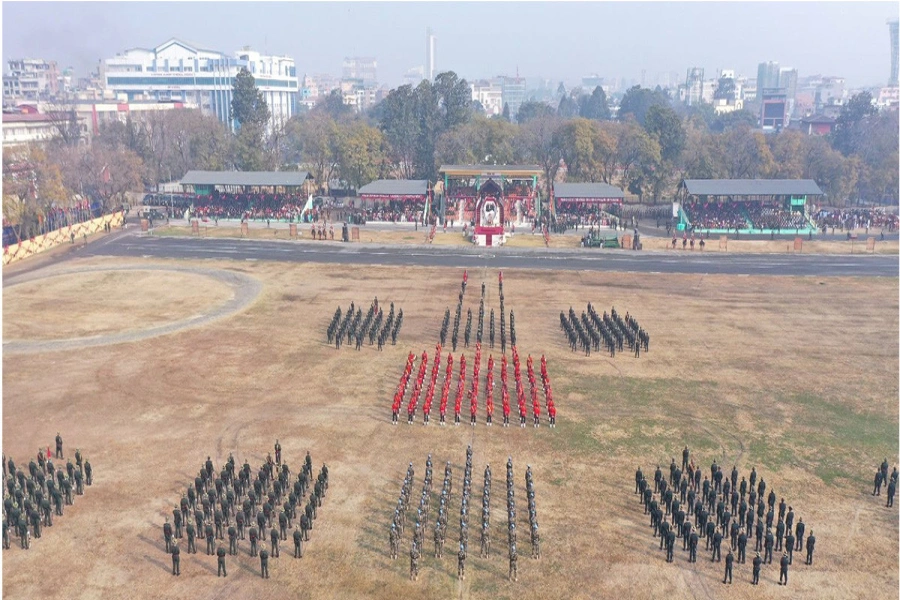Citizenship is more than a piece of paper—it's the key to belonging, to dignity and to having a recognised place in the world. Without it, a person becomes invisible in the eyes of the state—stateless, rootless and stripped of basic rights. For those without a citizenship certificate, even standing on the land they call home can feel uncertain, like living on borrowed ground. The pain and powerlessness of such a life is difficult to imagine—unless you’ve lived it. In Nepal, many people have come of age without ever receiving their rightful citizenship. Among them are sons and daughters of fathers who vanished, refused to acknowledge them, or whose identities were never known. Others have personal reasons for not seeking citizenship through their father. But whatever their story, the outcome has often been the same: blocked access to citizenship because the law and bureaucracy refused to recognize the mother alone. Despite court rulings in their favour and years of activism, these individuals have remained trapped in legal limbo—caught between outdated rules and rigid officialdom. For thousands, this has meant not just the denial of rights, but the denial of identity.
Now, there is reason to hope. A new citizenship bill--one that recognises the right to claim citizenship through one’s mother—has been passed by the State Affairs and Good Governance Committee in House of Representatives. Known as the Citizenship Bill 2081 BS, it amends the outdated 2063 BS Act and opens the door for a long-overdue shift toward fairness and inclusion. Once fully passed and enacted, the law will allow thousands who were denied citizenship for lack of a father’s name to finally be recognised as full citizens of Nepal. This isn’t just a legal change—it’s a deeply human one. For years, children have stood beside their mothers, who were willing to vouch for them, love them, raise them—yet their presence was dismissed by the law. These mothers, silenced by bureaucracy, watched helplessly as their children were branded “unrecognized.” The new bill changes this: if a father is absent or untraceable, citizenship by descent can be issued in the mother’s name. This is more than a provision—it’s a correction of injustice and recognition of the realities of family life.
EC to conduct door-to-door voter education for Nov 20 polls

We often say both parents are equally important in a child’s life, but in practice, it is the mother who stays up through the night, who sacrifices, who nurtures. She knows the child best. She loves most fiercely. To overlook her, to deny her legal standing as a parent, has always been a failure rooted in patriarchal tradition. That Parliament now sees this and has acted on it is a moment to celebrate. The bill also introduces other long-awaited reforms. It allows for naturalized citizenship to be granted to children born abroad to Nepali mothers, including those with unknown fathers or whose families have since returned to Nepal. If the child has renounced foreign citizenship, they too can now be recognised as Nepali. These are practical, humane steps that reflect modern lives and real experiences.
The Supreme Court had already spoken on some of these matters—ruling that children should not be forced to name a father who is absent, unknown, or unwelcome. It ordered that citizenship could be issued with the father’s name left blank. The new bill upholds and extends that spirit, even granting naturalized citizenship where one parent died before acquiring legal citizenship or remains untraceable. These are thoughtful provisions, not as outdated laws once imagined it to be. Still, in many corners of the world—including Nepal—gender discrimination lingers. It is a harsh reality that mothers have had to fight harder than fathers for recognition, even in matters as basic as their children’s identity. Denying a child citizenship because of an absent father is not only unfair—it is cruel. Denying a mother her rightful role is an insult to everything she has given. Nepal’s step toward correcting this imbalance may have come late, but it is welcome. Once the bill becomes law, the real test will lie in implementation. Officials must ensure that children are granted citizenship through their mothers swiftly and respectfully—without additional hurdles or delays. Only then can we say, with honesty, that an era of injustice has truly come to an end.






































